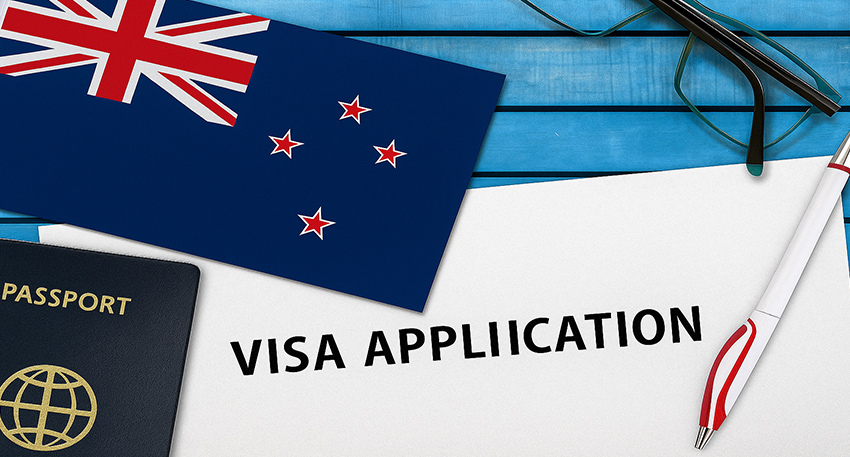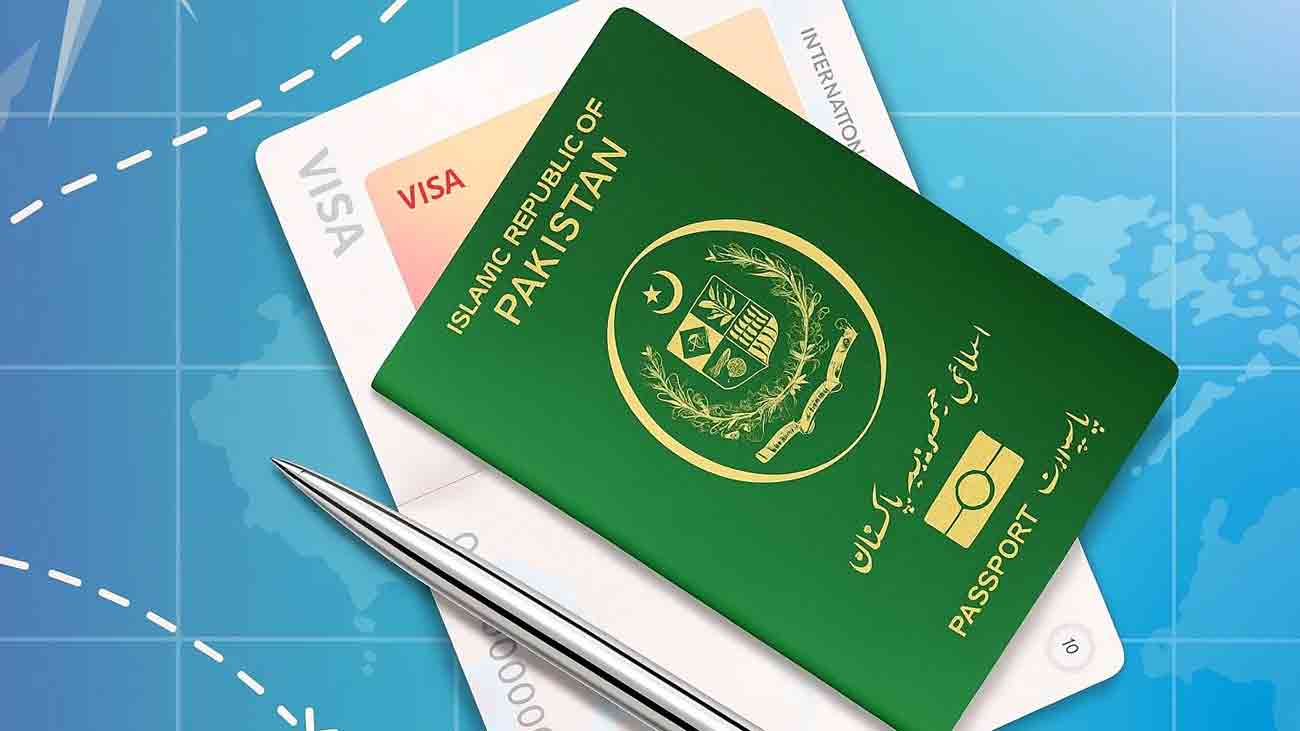
According to All Pakistan Motor Dealers Association Chairman H.M. Shehzad, the tax hike will hit middle-class buyers the hardest, especially those looking for affordable and fuel-efficient vehicles.
He warned that the price of the popular small car “Alto” may go up by Rs150,000, pushing it further out of reach for everyday consumers already struggling with inflation.
H.M. Shehzad added that locally assembled hybrid vehicles were already taxed at 18%, and now small cars will fall into the same high-tax category. This decision will severely affect the affordability of new cars, especially for families who see these cars as a basic necessity rather than a luxury.
To reduce market pressure and restore affordability, Shehzad suggested that the government should allow the import and commercial sale of cars up to five years old. He believes this would create competition, stabilize prices, and benefit consumers.
He emphasized that this policy shift could also bring the government up to Rs200,000,000,000 in revenue, helping ease economic challenges.
Read more: China’s BYD and Great Wall Motor clash over Beijing’s auto price war
Experts warn that these tax hikes won’t just affect car buyers — the entire auto industry could suffer. Reduced demand due to soaring prices may slow down production, cause job losses, and disrupt an already fragile supply chain.
In Pakistan, owning a car was already difficult for most families, and now this new tax policy might make it nearly impossible for many. The middle class, already burdened with high utility costs and inflation, could lose access to personal transportation altogether.
All eyes are now on the government — will it reconsider this policy, or let car ownership become a dream of the past for millions?




